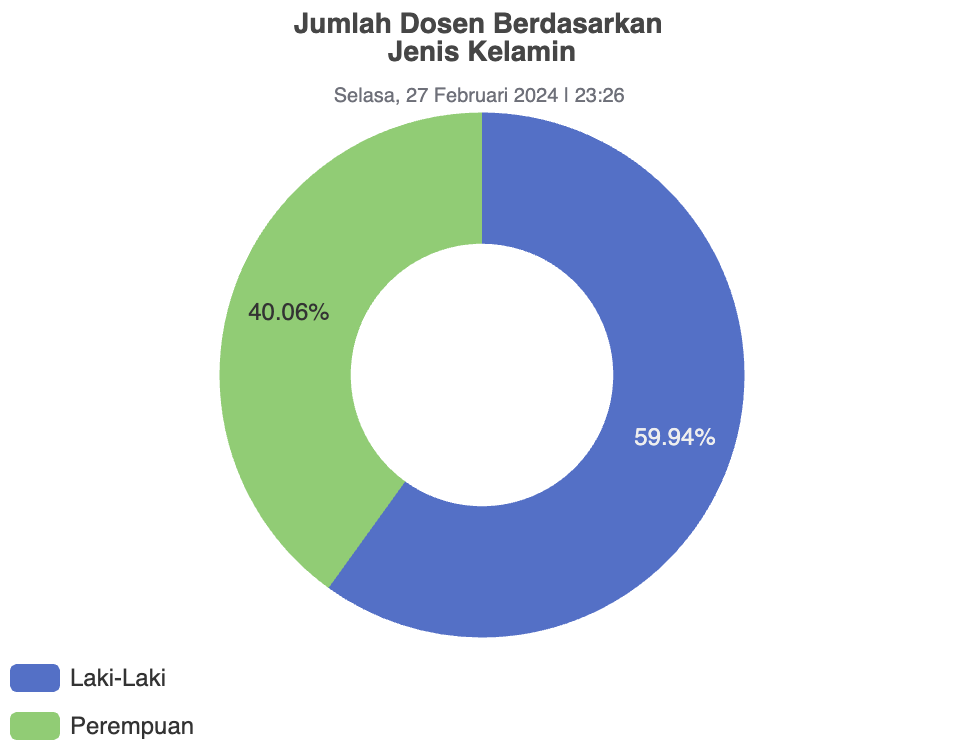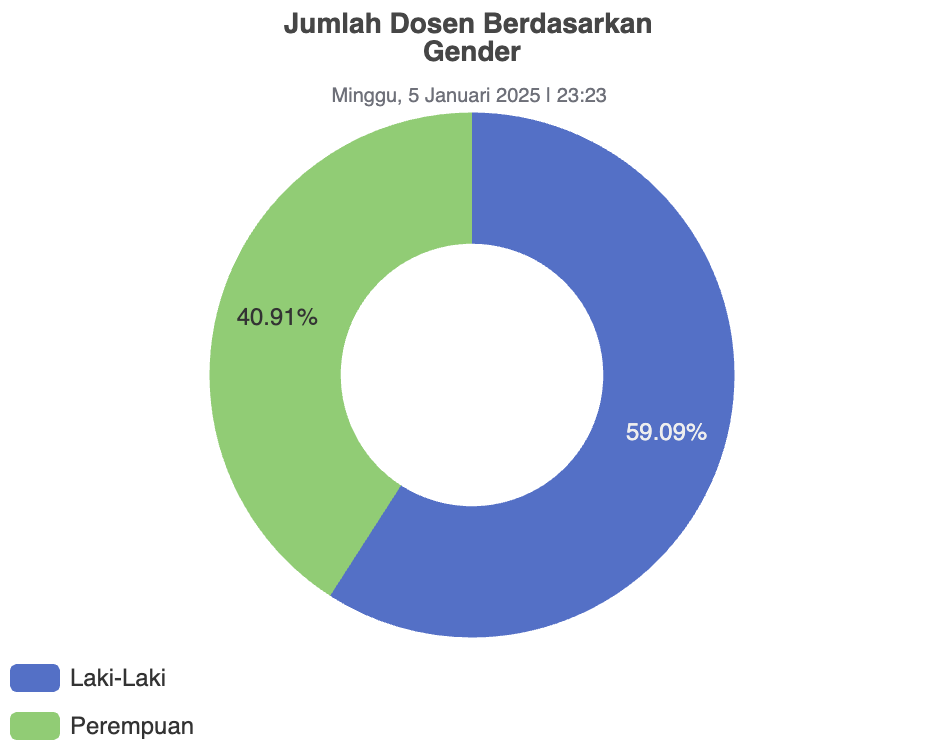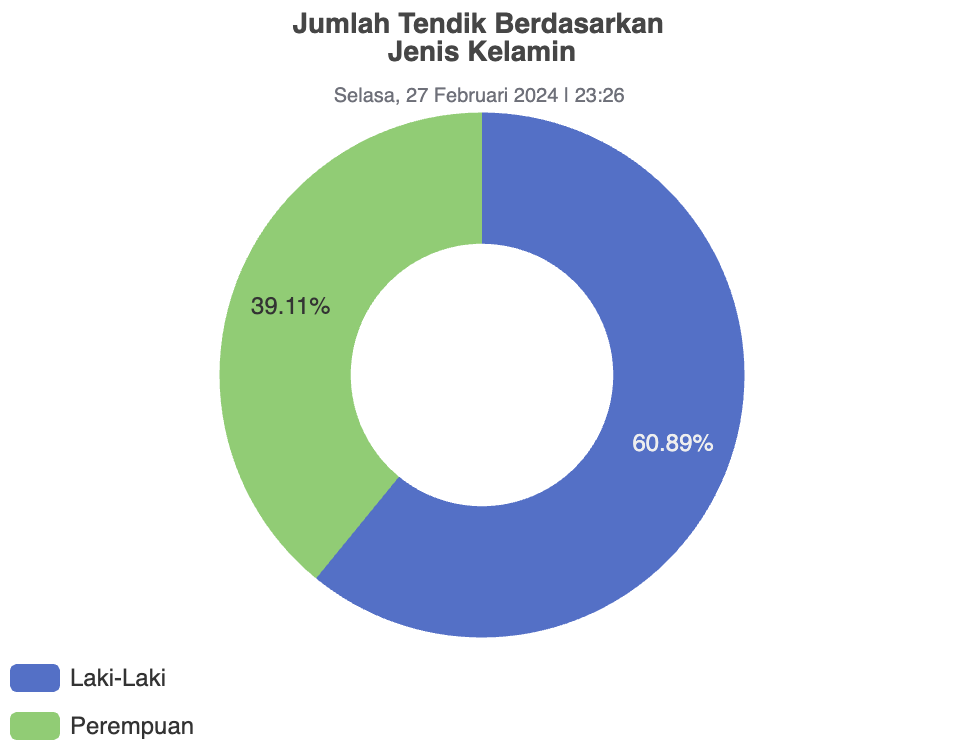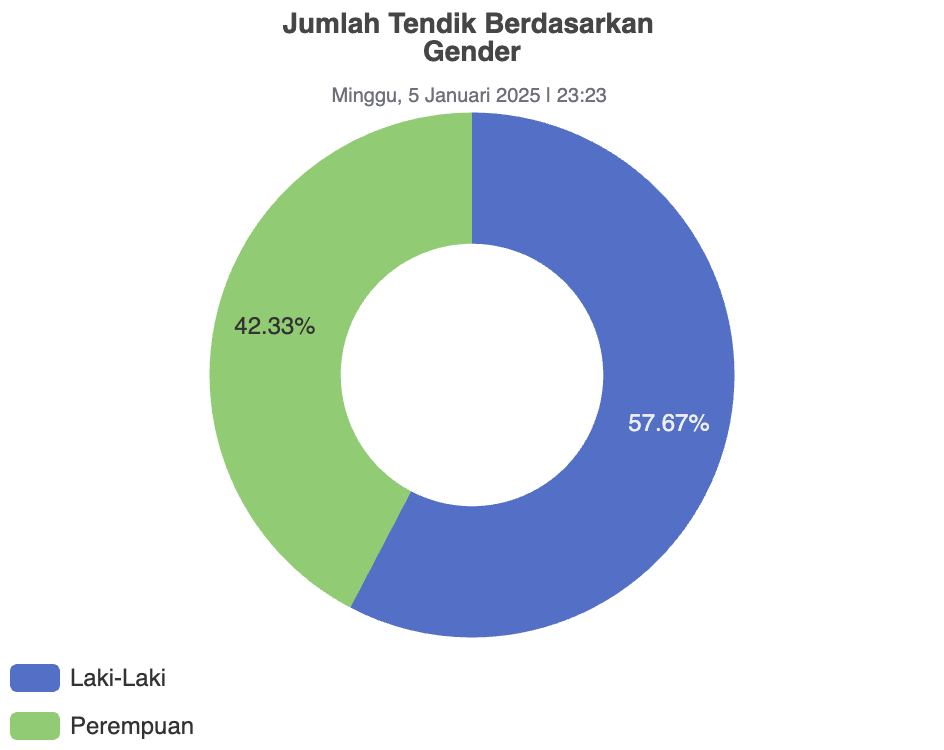UGM is committed to anti-discrimination as directed by Trustee Board’s Regulations Number 1 Year 2023 about University Strategic Plan 2022-2027 (pg. 14, UGM guarantees that the campus environment is a safe and comfortable ecosystem, free from sexual violence, other violence, bullying, mental health problems, discrimination, and friendly to people with disabilities). The regulation in 2023 is the continuation of the Trustee Board’s Regulations Number 1 Year 2020 about University Strategic Plan 2017-2022 which also regulates discrimination (pg. 20, inclusive campus development with an anti-discrimination spirit based on race, ethnicity, ethnicity, gender, marital status, disability, age, religion, minority group, etc.). UGM guarantees the rights of all women including staff and students to be treated equally. Based on the Trustee Board’s Regulations Number 1 Year 2021 concerning Campus Master Plans (pg. 13, pg. 25), UGM is fighting for universal principles, namely social justice, equality, inclusivism, and sustainability in all aspects of university administration policies.
Specifically related to sexual violence, UGM is committed to maintaining standards of human values and dignity at UGM, as well as protecting the entire UGM community from all forms of sexual violence as stated in the Rector’s Regulation Number 1 Year 2020 (Article 2) and updated in Rector’s Regulation Number 1 Year 2023 (Article 2). UGM also provides prospective students from all pathways a fair admissions process and will not discriminate against ethnicity, religion, race and intergroup, etc. as clearly stated in the Rector’s Regulation Number 3 Year 2023 Article 2 Verse e.
UGM’s Commitment to Gender Equality: Systematic Measurement and Monitoring of Women’s Application Rates
Universitas Gadjah Mada (UGM) is committed to promoting gender equality and ensuring equitable access and participation for women across all university activities.
The commitment is first reflected in the student admission process. Rector’s Regulation Number 3 of 2023, amended by Rector’s Regulation Number 4 of 2023, outlines the principles governing the admission of new students to undergraduate and applied undergraduate programs at Universitas Gadjah Mada (UGM). It emphasises the concept of fairness in student admission processes, stated explicitly in Rector’s Regulation Number 11 Year 2019 Article 9. Admission is conducted based on fairness and equality, ensuring that opportunities are open and accessible to all prospective students, regardless of socio-economic background, gender, ethnicity, or religion. The regulation is aimed at creating an inclusive and non-discriminatory admission process, aligning with UGM’s mission to uphold diversity and excellence.
Non-discrimination policy also guarantees equal treatment for all individuals, regardless of gender. This is articulated in the Trustee Board’s Regulations Number 1 Year 2023, which emphasises the creation of a safe and inclusive campus environment free from sexual violence, bullying, and discrimination. The university’s Strategic Plan for 2022 – 2027 outlines a commitment to inclusivity and gender equality. It ensures that women have equal opportunities in applications, admissions, and participation in Initiatives addressing gender issues through research, seminars, public discussions, training and community service. This is mostly led by the UGM’s Women’s Studies Center, established in 1991. These efforts directly and indirectly impact gender equality within the university and the broader community.
UGM’s commitments to gender equality addressed all types of enrollment, including employee enrollment. The outcomes of implementing these policies have not only proven the increasing rate of student female admission and graduation rates but also increased the number women rate of faculty and staff. The figure below shows the percentage of women and men for UGM’s faculty and staff in the years 2023 and 2024.


(a) Percentage of Women and Men in UGM’s Faculty for the years 2024 and 2025


(b) Percentage of Women and Men in UGM’s Staff for the years 2023 and 2024
The figure above shows the percentage of women and men for UGM’s faculty and staff in the years 2023 and 2024. Pie charts are available through the Directorate Human Resources website.
Non-Discrimination
Universitas Gadjah Mada (UGM) is committed to fostering an inclusive and equitable environment for all its community members. While specific policies addressing non-discrimination for transgender individuals are not explicitly detailed in publicly available documents, UGM’s overarching non-discrimination policies encompass all individuals, regardless of gender identity.
Key Policies and Initiatives:
- General Non-Discrimination Policy: UGM’s commitment to non-discrimination is reflected in its policies that prohibit discrimination based on race, ethnicity, religion, gender, and other characteristics. These policies aim to ensure equal opportunities and treatment for all students, faculty, and staff. This commitment is outlined in the Board of Trustees Regulations Number 1 Year 2023, which emphasises the creation of a safe and comfortable campus ecosystem, free from sexual violence, bullying, and discrimination
- Gender Equality Initiatives: UGM actively promotes gender equality through various programs and collaborations. For instance, the university has partnered with the Asia Pacific Women’s Information Network Center (APWINC) at Sookmyung Women’s University to offer specialised training programs for female students, focusing on enhancing skills in information and communication technology (ICT).
- Support Services: The university provides counselling and support services aimed at addressing the diverse needs of its community members, including those related to gender identity and expression.
Maternity Policy
One such regulation is the Rector’s Regulation Number 22 of 2021 on Employee Leave at UGM, which governs various types of leave for employees, including maternity leave. The specific provisions regarding maternity leave are detailed in Chapter III, which outlines the different categories of leave available to staff members. Within this chapter, maternity leave is discussed under the section dedicated to “Cuti Melahirkan” (Maternity Leave). This section specifies the eligibility criteria, duration, and procedures for applying for maternity leave at UGM. To apply for maternity leave at UGM, employees are required to submit the following documents:
- Leave Application Form: This form can be downloaded from the official UGM website at http://ugm.id/formcuti (see Figure 1).
- Medical Certificate: A doctor’s certificate confirming the expected delivery date. These documents should be submitted to the relevant administrative department within UGM to process the maternity leave request.
Paternity policy
Rector’s Regulation Number 22 of 2021 at Universitas Gadjah Mada (UGM) outlines the policies regarding leave entitlements for permanent employees. This regulation actually encompasses various types of leave, including annual leave, sick leave, maternity leave, paternity leave, bereavement leave, and study leave.
Rector’s Regulation Number 22 of 2021 at Universitas Gadjah Mada (UGM) also includes provisions for fathers in relation to childbirth. Specifically, Article 9 addresses Paternity Leave (Cuti Melahirkan bagi Pegawai Laki-Laki), granting male employees leave to support their spouses during childbirth. This provision underscores UGM’s commitment to fostering a supportive work environment that acknowledges the importance of paternal involvement in early childcare. It is a UGM commitment to ensure fathers can participate in childcare duties.
